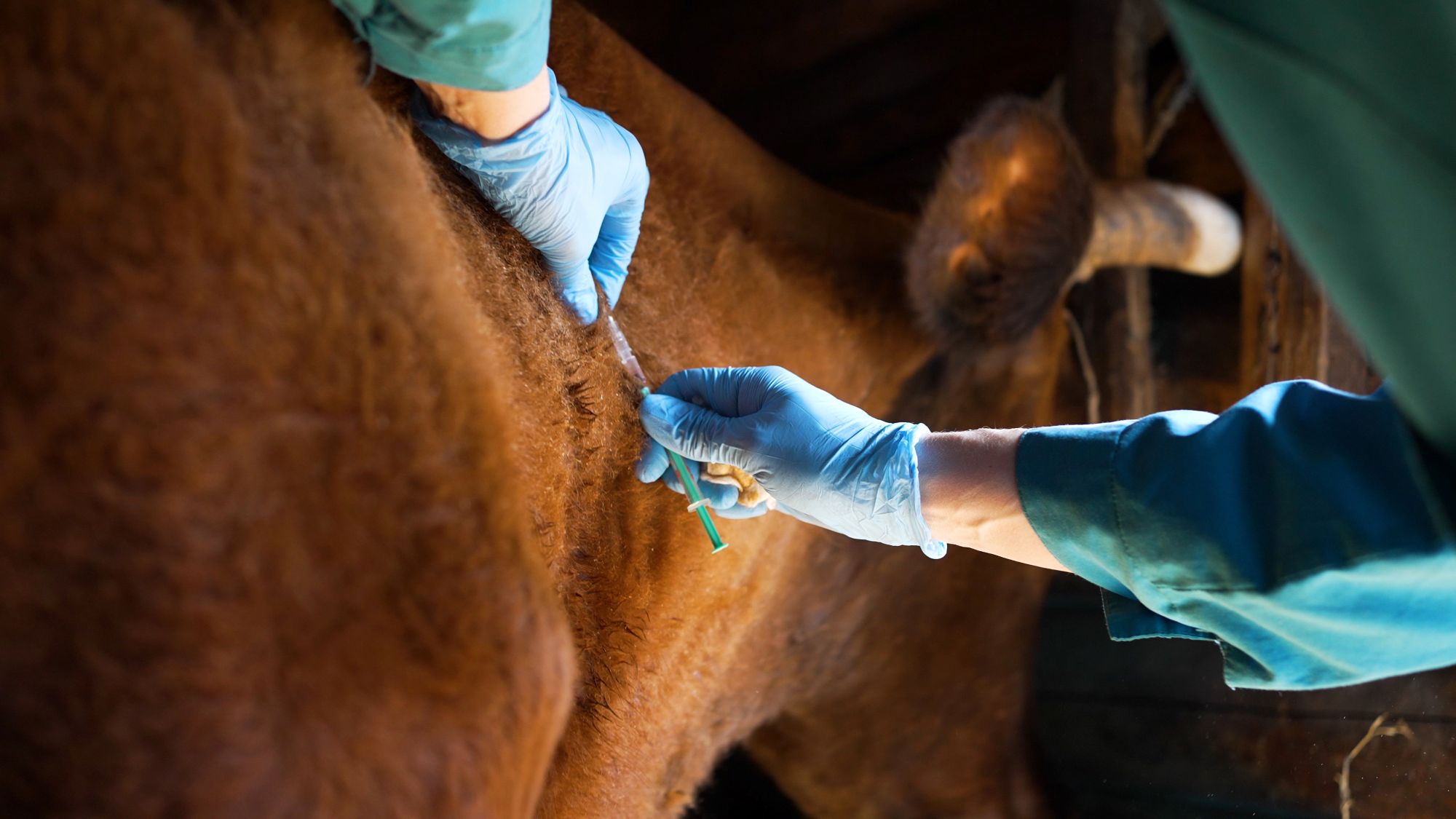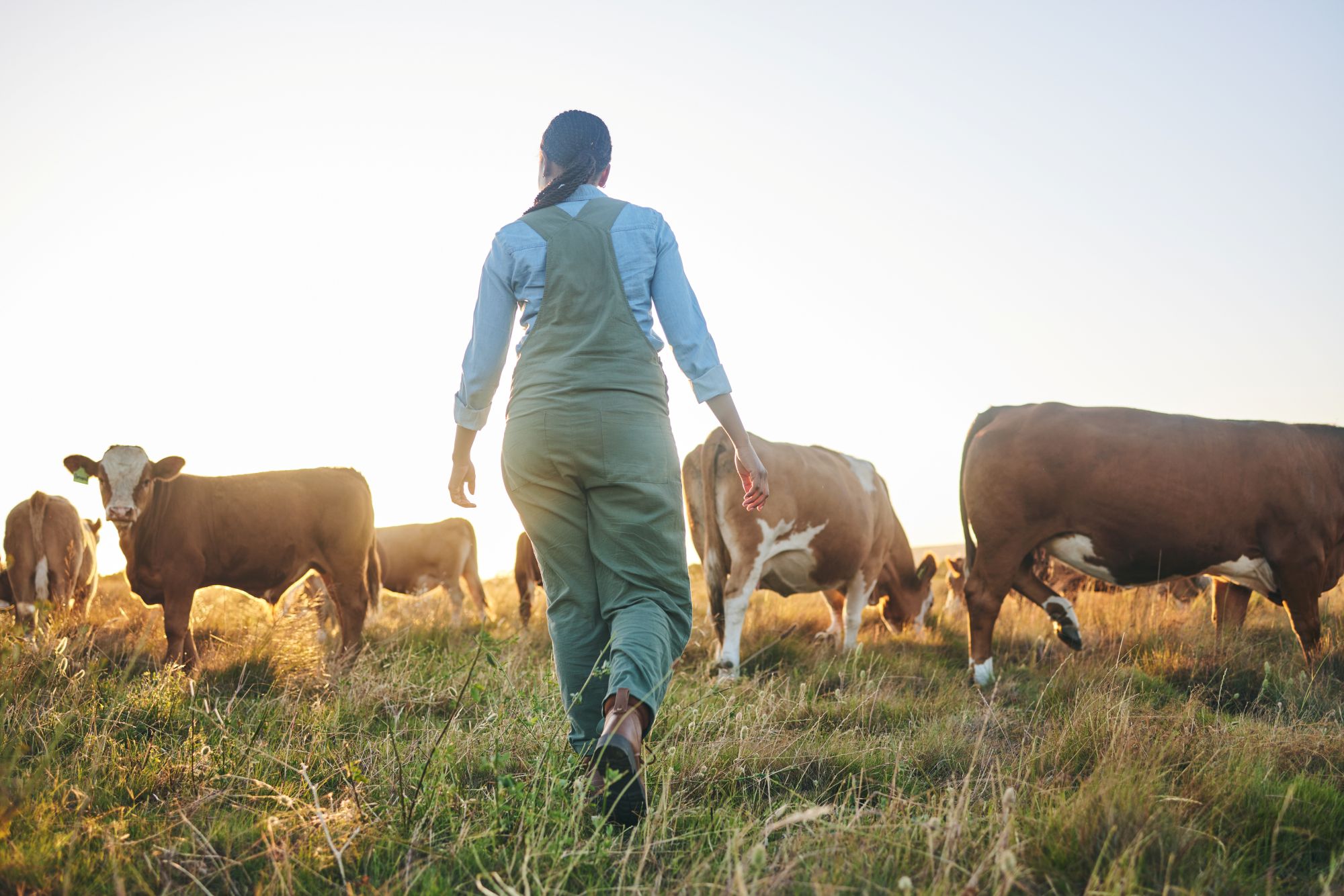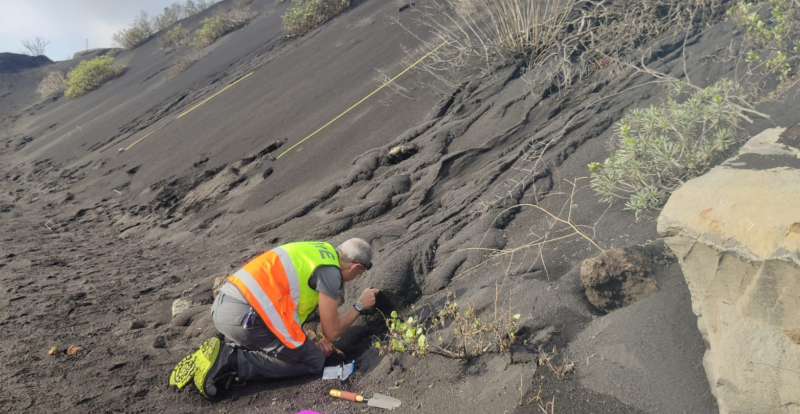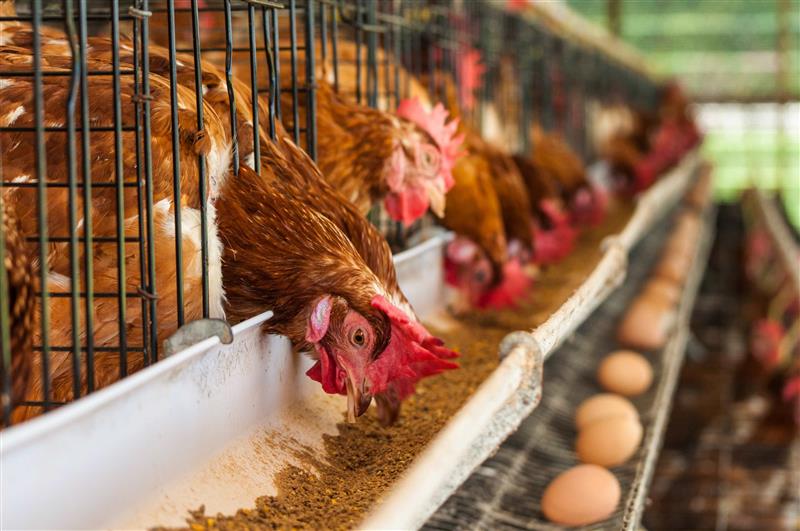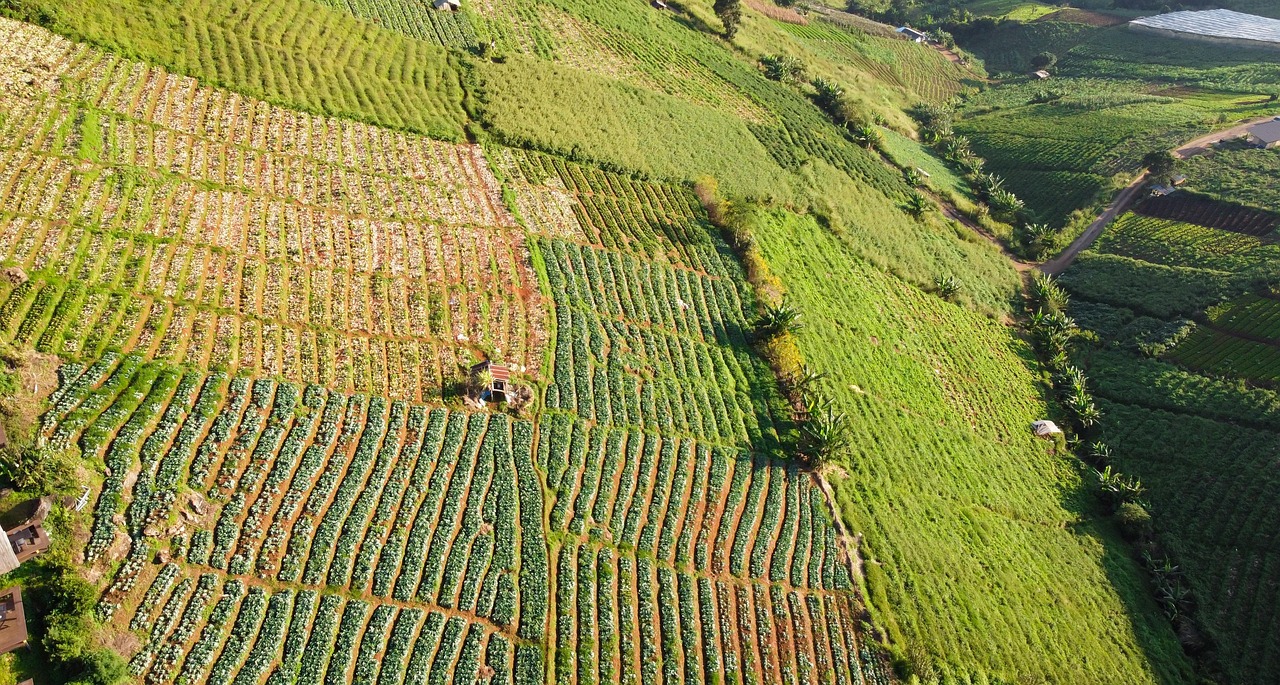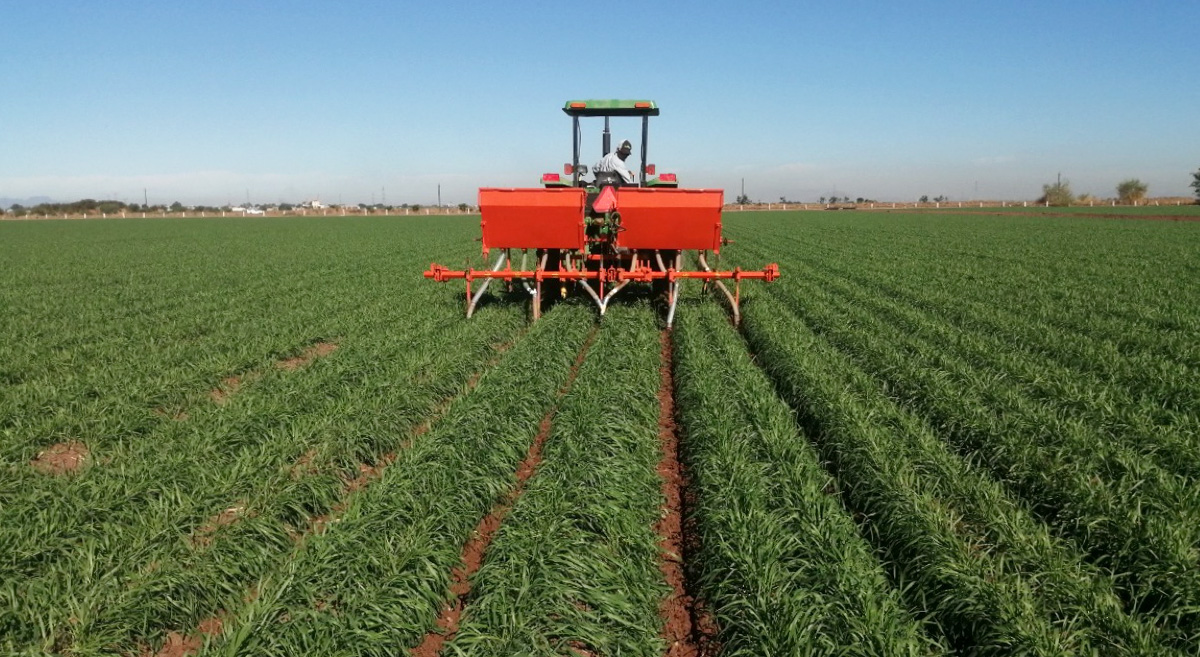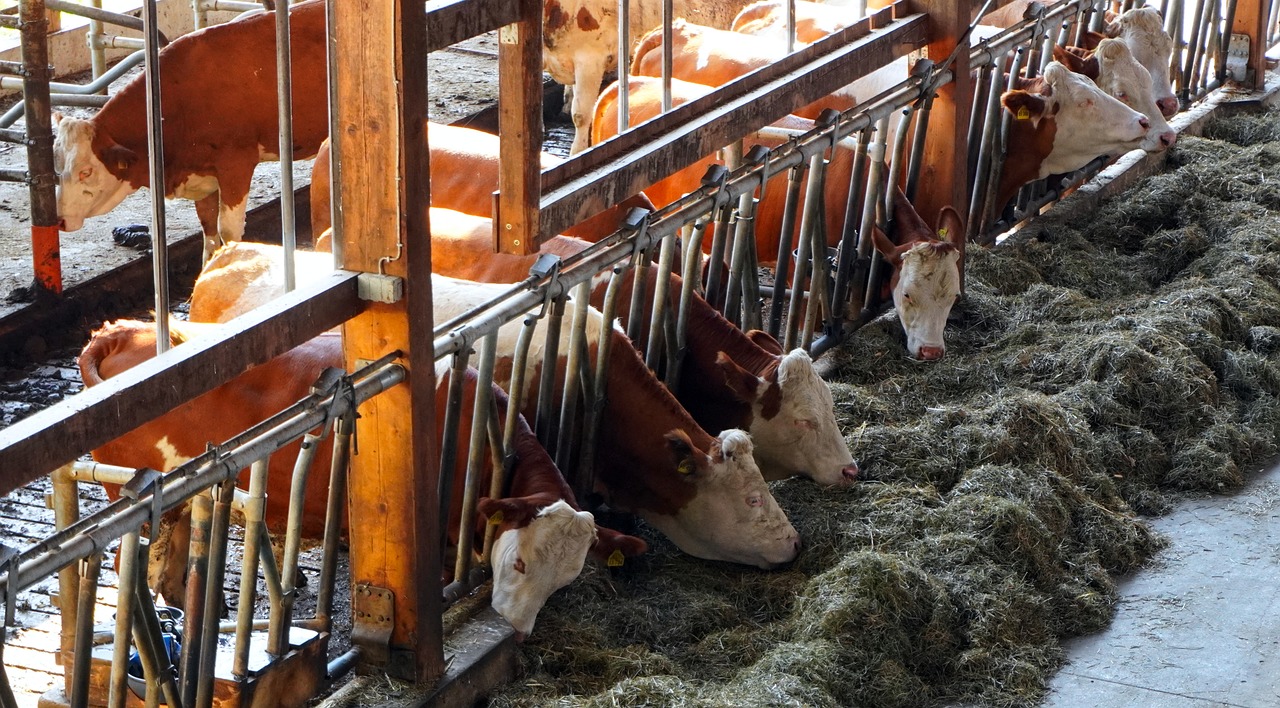2026 is the International Year of Women Farmers, the invisible workers in a profession that feeds the world
The General Assembly of the United Nations has declared 2026 as the International Year of the Woman Farmer. This initiative aims to ‘raise awareness and focus policy attention on the obstacles and challenges faced by women and girls in agriculture,’ as well as to promote actions to address these issues. But what are these obstacles? We answer questions about the situation of women farmers with data and expert sources.

